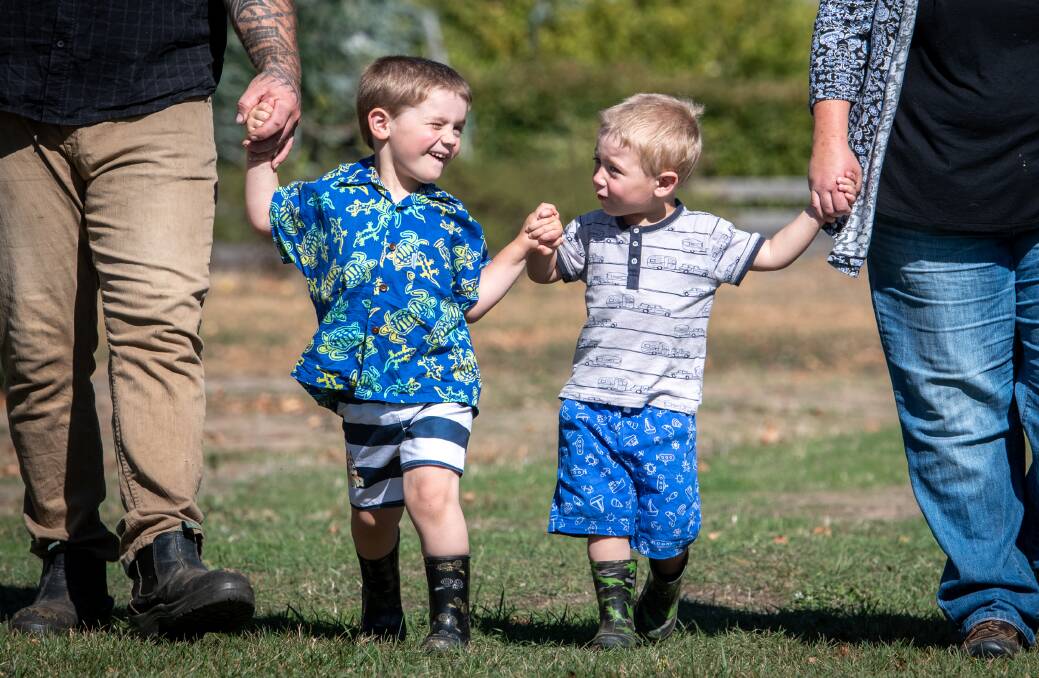
Whenever a speech pathologist, occupational therapist, physiotherapist or support worker comes to Meredith Lockheed's house for a session with her son Saul, 4, his younger brother Ronan - 18 months his junior - has to be kept away.
Subscribe now for unlimited access.
or signup to continue reading
This is despite both children displaying similar developmental concerns.
But there's one major difference: Saul was able to receive an autism diagnosis, while Ronan has been waiting over a year.
And for Saul, it came down to luck of the draw. While on the waiting list, Ms Lockheed received a phone call telling her that a cancellation meant a sessions had become available. She had to jump in the car and drive to Burnie.

It potentially saved Saul years for a diagnosis, giving him access to support under the National Disability Insurance Scheme during his crucial early years.
Ronan continues to wait for his.
Ms Lockheed fears that Ronan will miss out on the early intervention that Saul receives.
"Saul was non-verbal and displayed highly aggressive behaviour. But now he's become a child who can communicate with us effectively," she said.
"If we can't have the same system of support for Ronan, we risk the possibility of him being stuck inside the body of someone who can't communicate his wants and needs. It leads to meltdowns, violent outbursts and the feeling that he isn't included in what should be an inclusive society.
"Ronan needs a speech pathologist, an occupational therapist and a physiotherapist at a minimum, but unless we go out-of-pocket, then we have to wait for the NDIS. And that needs a diagnosis."
In Tasmania, the waiting time from receiving a referral from a pediatrician or a psychologist, to an appointment for assessment and diagnosis, is 18 months. This is according to information provided to families on the waiting list.
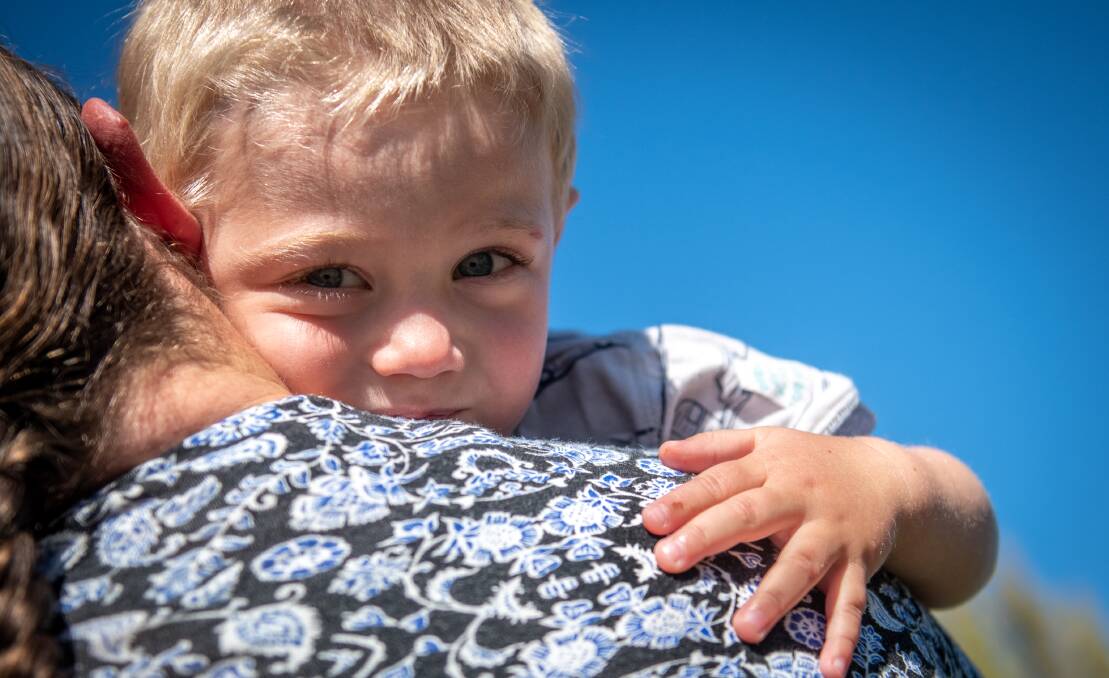
That doesn't include the waiting time to receive a referral in the first place.
The National Guidelines for Assessment and Diagnosis of Autism Spectrum Disorder recommends a maximum wait of three months. Tasmania misses this mark by a factor of six.
The wait was 12 months in 2018, according to StGiles. This has steadily increased since.
Autism can reliably be diagnosed at two years of age, but this rarely occurs in Tasmania.
IN OTHER NEWS:
Ms Lockheed has a background in special needs teaching and has developed an understanding of the system for children with autism. When her children started displaying behavioural issues, she knew how important early intervention was.
She said it was a frustrating and confusing process to first get a referral, and then wait for a diagnosis to get much needed support - not just for her family, but for families across Tasmania.
"As a parent, all you want in life is for your children to achieve the best that they can, and if you can't get that, it makes you feel like a failure as a parent because you can't give that to your children," Ms Lockheed said.
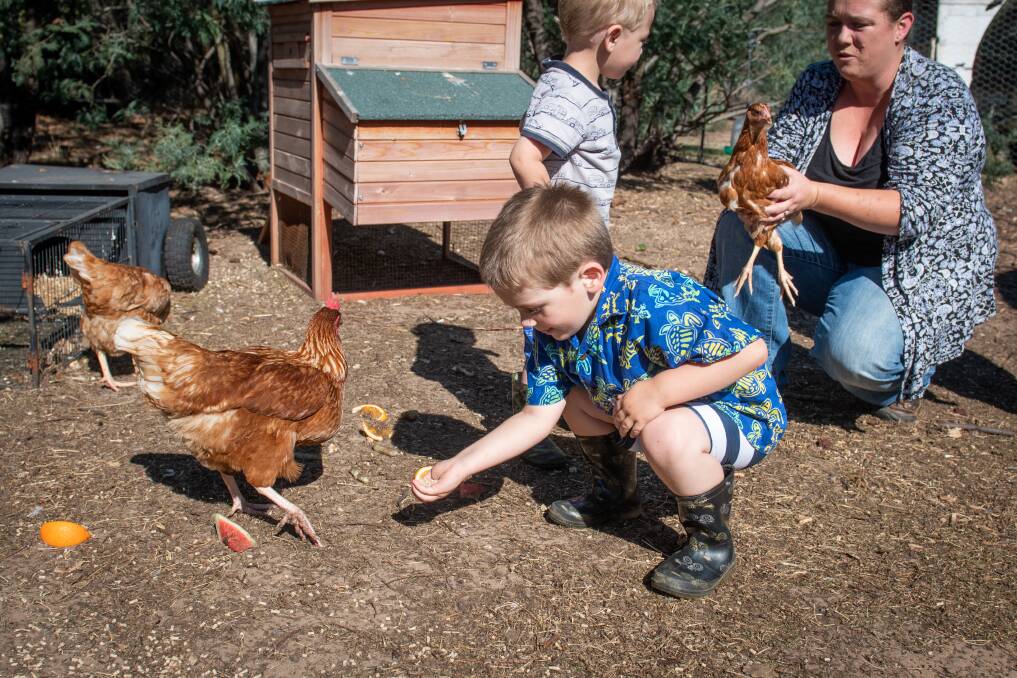
"We've seen far too often that there's bullying, harassment, discrimination, and I want my children to be able to cope if that happens to them."
It meant parents were being forced to learn about a "confusing and convoluted referral system" and ways of trying to skip the queue, or risk missing out on vital support.
"I reach out to other parents that I know who have children on the spectrum, or suspected of being on the spectrum. I let them know that you have to keep poking the bear, the more you hassle organisations, the more likely you are to get contacted if there's a cancellation," she said.
Waiting times keep getting worse
StGiles has almost 200 children under school age waiting for an autism assessment across the state, but that was far fewer than those waiting for a diagnosis from the Tasmanian Autism Diagnostic Service.
StGiles receives some funding from the state government to carry out diagnoses for children under 30 months after a referral from combinations of pediatrician and GP, childcare educator, speech pathologist or other medical professional, but their waiting times are similar to the state-run service due to limited funding.
The organisation called for more funding for autism diagnostic services ahead of the last state election, fearing waiting lists would continue to grow, but had little success.
StGiles general manager autism services Kathryn Fordyce said it was "exasperating" to see that situation had gotten worse.
She said there were other systemic issues, including getting an initial referral, that also needed to be addressed.

"There's waiting list issues, but then there's systemic pathway issues that delay the referral," Ms Fordyce said.
"For a family that has a concern about their child, they might present to a GP who refers them to a pediatrician who might seem them a few times before making a referral to a diagnostic service. They're already six to nine months through the process, and then there's another waiting list on top of that.
"Sometimes there's lengthy delays in even getting in to see a pediatrician."
It meant a growing number of Tasmanian children were missing out on early intervention as a result.
"With that diagnosis, it gives parents a sense of being able to understand how their child is thinking, how they see the world. It makes more sense to them," Ms Fordyce said.
"Families are then able to respond in a way that meets the needs of their child. They know they're not alone, they know other families have the same experiences."
What can be done?
StGiles is again urging the state government to improve the system, with the upcoming election seen as an opportunity to promise more funding and solutions.
The organisation is calling for more funding for diagnostic services to recruit more staff, and addressing delays in pediatrician wait times.
Ms Fordyce said measures undertaken by the government since the last election were just a start, and far more needed to be done.
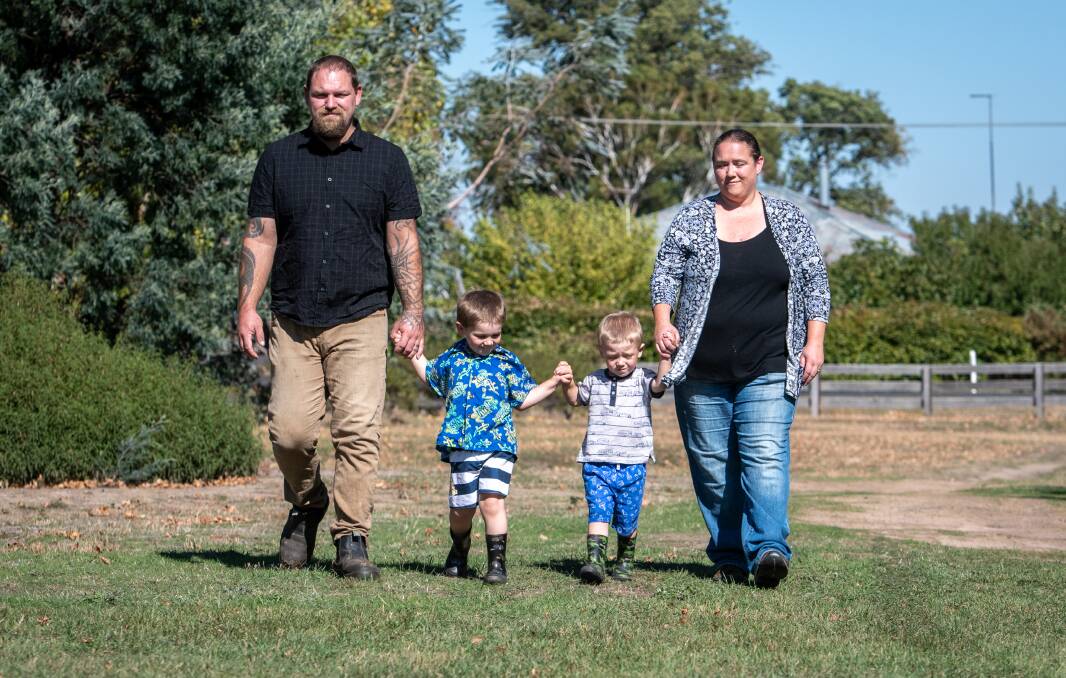
"The state government is trying to improve those pathways, but it takes time to get that right. In the meantime, we're seeing families waiting longer and longer for these services," she said.
"I urge all candidates and parties to listen to the voices of the autism community and to invest in our autism diagnostic services in Tasmania.
"This investment will pay dividends in years to come with better health, social, educational, and workplace participation outcomes for our autistic Tasmanians and their families."
Parents can access some support programs pre-diagnosis under the NDIS should they have concerns about their children, but Ms Fordyce said there were also long waits to see Allied Health professionals.
Disability Services Minister Jeremy Rockliff said the COVID pandemic had impacted the diagnostic service, and that additional funding had been provided to the system.
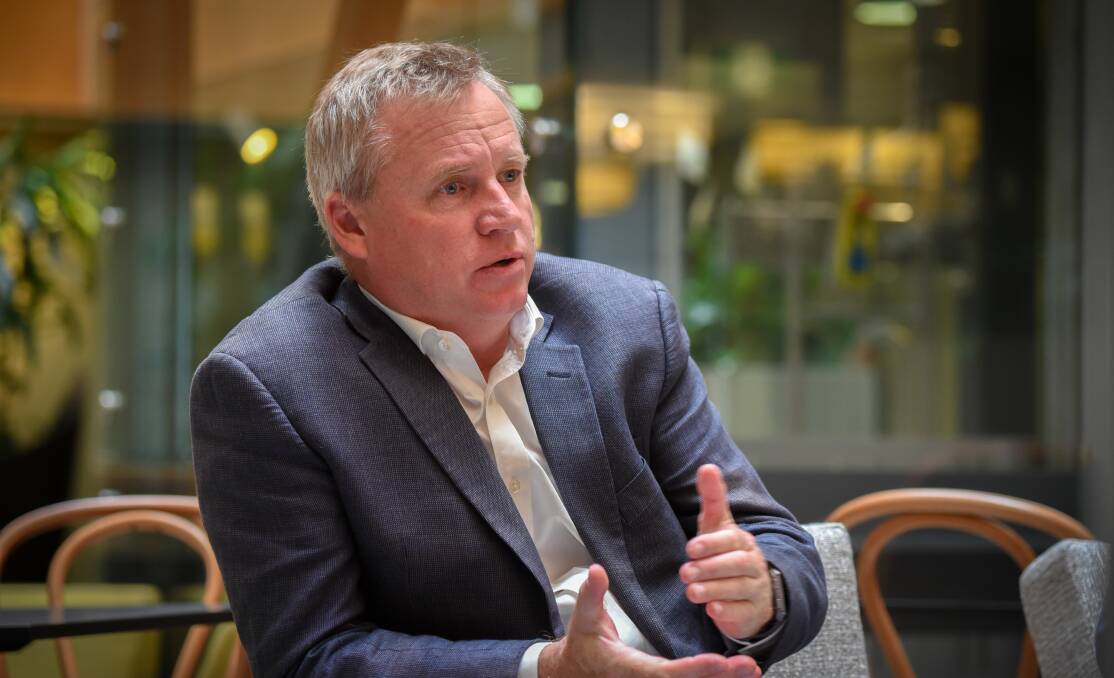
"The Liberal Government absolutely acknowledges the value of ensuring children with ASD and their parents and carers have access to earlier assessment and diagnosis of autism spectrum disorder, and in turn earlier support and better future outcomes," he said.
"We have supported the implementation of an early Autism Spectrum Disorder diagnosis program by investing over $1.6 million over three years, which includes our $1 million one off payment to TADS to reduce the wait list in 2019.
"We also recognise this service was impacted by COVID and that there is continued high demand, and I'll have more to say on how we will meet that demand in coming weeks."
A spokesperson for Communities Tasmania said the department was "very conscious" of the stress the delays were causing families, and "work is underway to address the waiting list in order to meet to national benchmark of three months".














